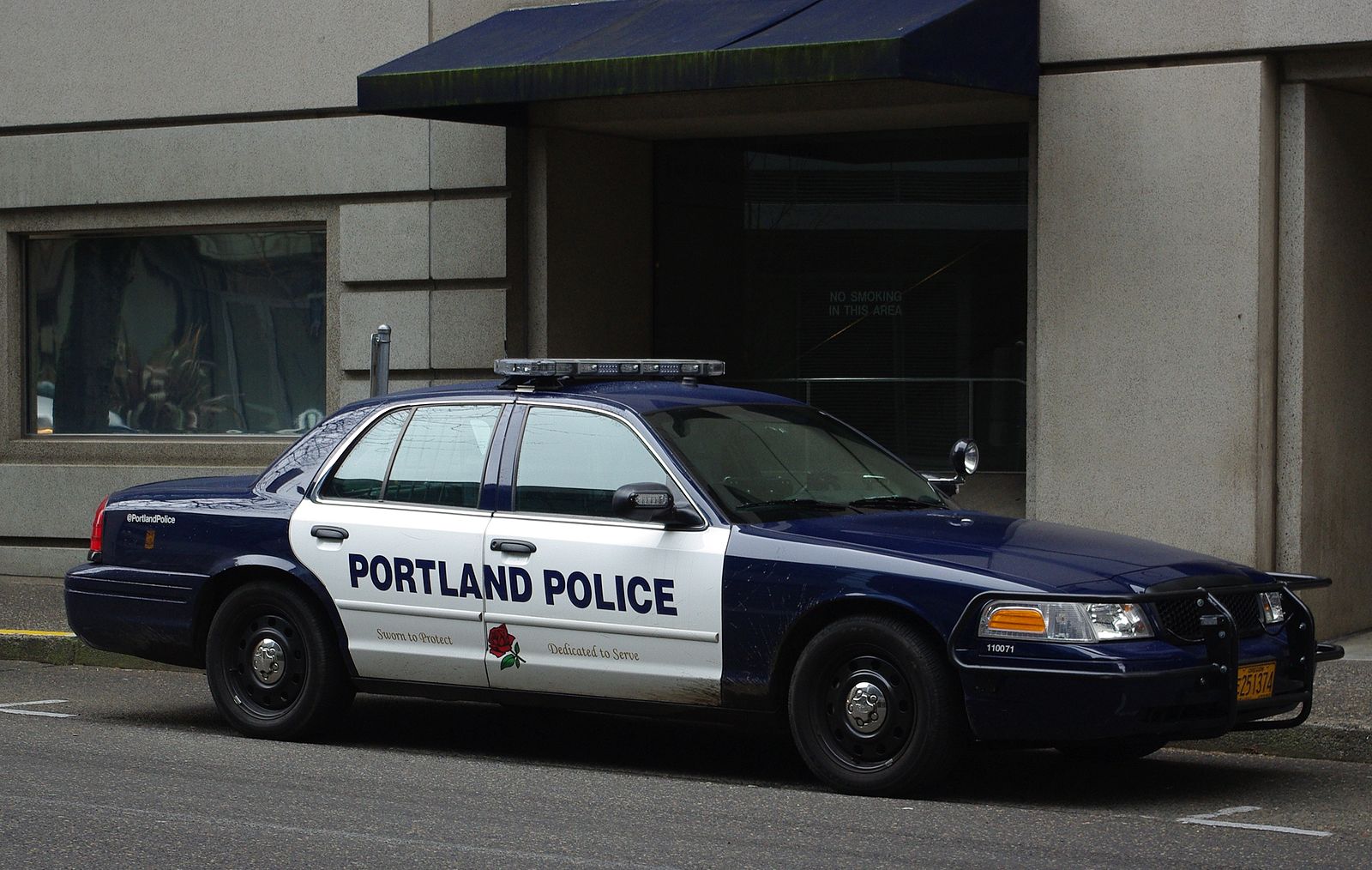Racial profiling in traffic enforcement is pervasive throughout America. Despite high-profile investigations that long ago revealed how law enforcement agencies intentionally target black and Latino drivers, racial bias in traffic stops persists.
The racial disparities are also apparent in enforcement against people walking or biking. A recent Seattle Times investigation found a wildly disproportionate number of jaywalking tickets were issued to black people. And the Tampa Bay Times reported that 79 percent of bike tickets were issued to black residents, who comprise 25 percent of the city's population. These practices deter people of color from bicycling, as research from Charles Brown at Rutgers University has shown.
You can't end discrimination in traffic stops if you don't know how bad the problem is, but only a handful of states collect comprehensive racial data on traffic enforcement. Now you can add one more to the list: A new bill signed by Oregon Governor Kate Brown aims to shed light on racial profiling in traffic stops.
Jonathan Maus at Bike Portland reports that the legislation will establish a standardized reporting system for all traffic stops:
Once officers are trained and the data is recorded (it must begin by July 1st, 2018), agencies must issue annual reports to the Governor, the Department of Public Safety Standards and Training, and the legislature. The law says data must include a person’s race, gender, and the legal justification for the stop. The data will be used, "to identify patterns or practices of profiling."
Maus says the reporting requirements are especially important in light of Portland's Vision Zero initiative:
In Portland, advocates are watching the Bureau of Transportation’s number one priority, Vision Zero, to see how it will impact enforcement practices. PBOT’s Vision Zero Action Plan did not recommend more enforcement specifically due to profiling fears. In December 2016 PBOT Director Leah Treat assured City Council that traffic enforcement would not lead to racial profiling. Instead, the agency will use automated enforcement measures like speed and red light cameras.
But in March of this year, at a meeting of the city’s Vision Zero Implementation Task Force, PBOT Commissioner Dan Saltzman made it seem like cameras wouldn’t be enough. “New cameras and speed limits are great,” he said, “but they all must be coupled with more aggressive enforcement.” Saltzman added that his office is working with the Portland Police Bureau and Multnomah County judges to, “work out some solutions in that regard.”
One issue is that PBOT wants to focus their safety work on neighborhoods with deadly roads that have been identified in their High Crash Network -- and many of those run through places with a higher number of black and latino residents.
At that meeting back in March, Task Force member and Executive Director of the Black Parent Initiative Charles McGee, said, “We want to make sure when we’re patrolling that we’re not oversaturing certain communities.”
More recommended reading today: Plan Philly shares new research that found parking adds between $18,000 and $28,000 to the price of a house or condo in the city. And Systemic Failure reports that NIMBYs have killed off an upgrade to Acela rail service in Connecticut.






